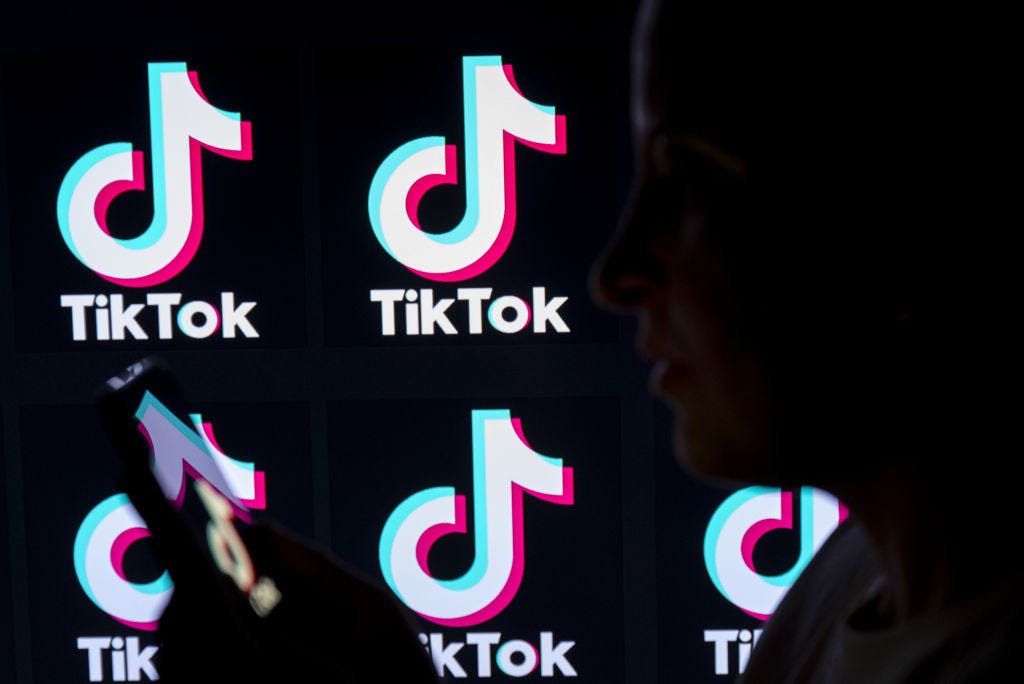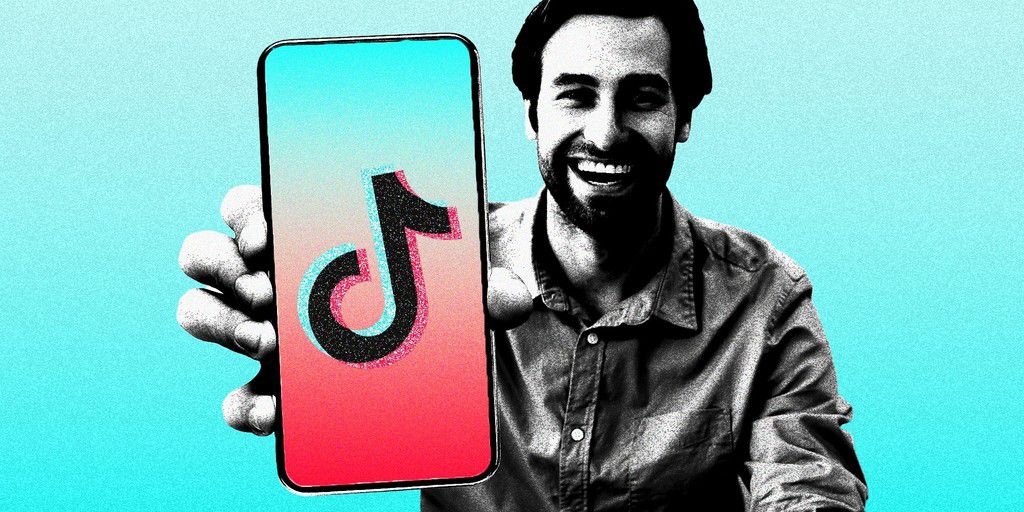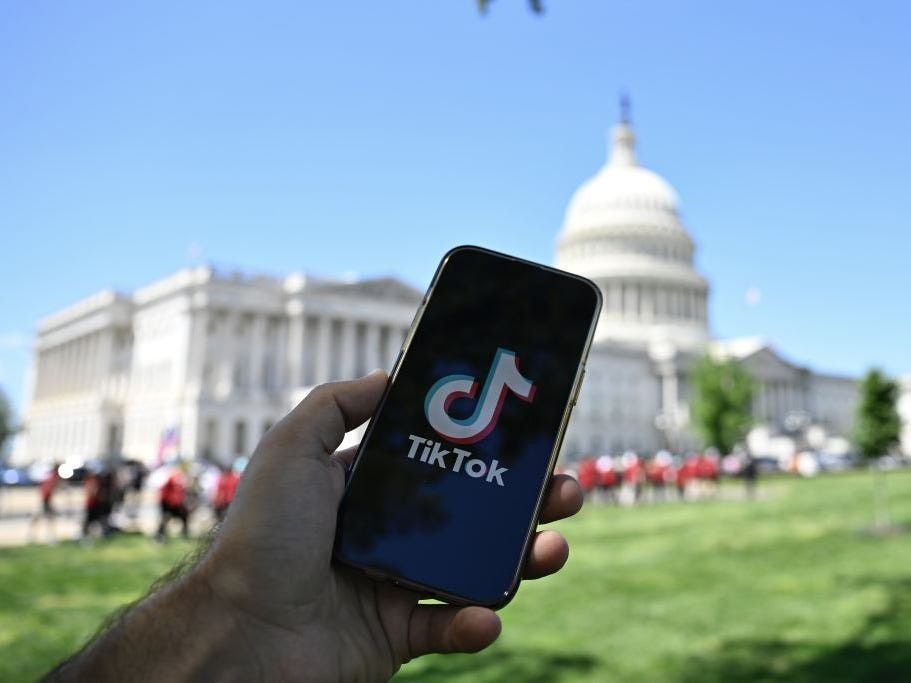TikTok sued for allegedly damaging children's mental health
)
The lawsuit claims that TikTok employs addictive features to engage children and has misled the public about the safety of prolonged use. In response, TikTok has called the lawsuit "disappointing" and stated that many of the claims are "inaccurate and misleading."

The platform is also facing a challenge from a law passed by Congress that could ban it from the US unless its Chinese parent company, ByteDance, agrees to a sale.
Lawsuit against TikTok
The lawsuit, filed in New York, accuses TikTok of knowing the harmful effects of its platform on the mental health of American children and teenagers but misrepresenting it as "safe" and "appropriate for children and teenagers."
New York Attorney General Letitia James highlighted instances where young people have died or been injured while participating in TikTok "challenges."

The lawsuit specifically points out features such as sleep-disrupting alerts, disappearing videos that encourage frequent checking, and beauty filters that alter appearance as problematic.
TikTok has promoted tools to help limit screen time and control the content users are served, but the lawsuit claims that the platform has misrepresented their effectiveness.
The lawsuits were filed separately by 13 states and in the District of Columbia, with allegations including running an unlicensed money transmission business.

TikTok has stated that it strongly disagrees with the claims and remains committed to protecting teens. The lawsuit seeks to bar TikTok from such conduct and impose financial penalties.
This legal action adds to the challenges facing the popular app, which is used by over half of US teenagers multiple times a day. Regulators have also launched similar cases against Facebook and Instagram for their impact on young people's mental health.
)
)
)
)
)
)
)
)
)
)
)
)
)
)
)
)
)